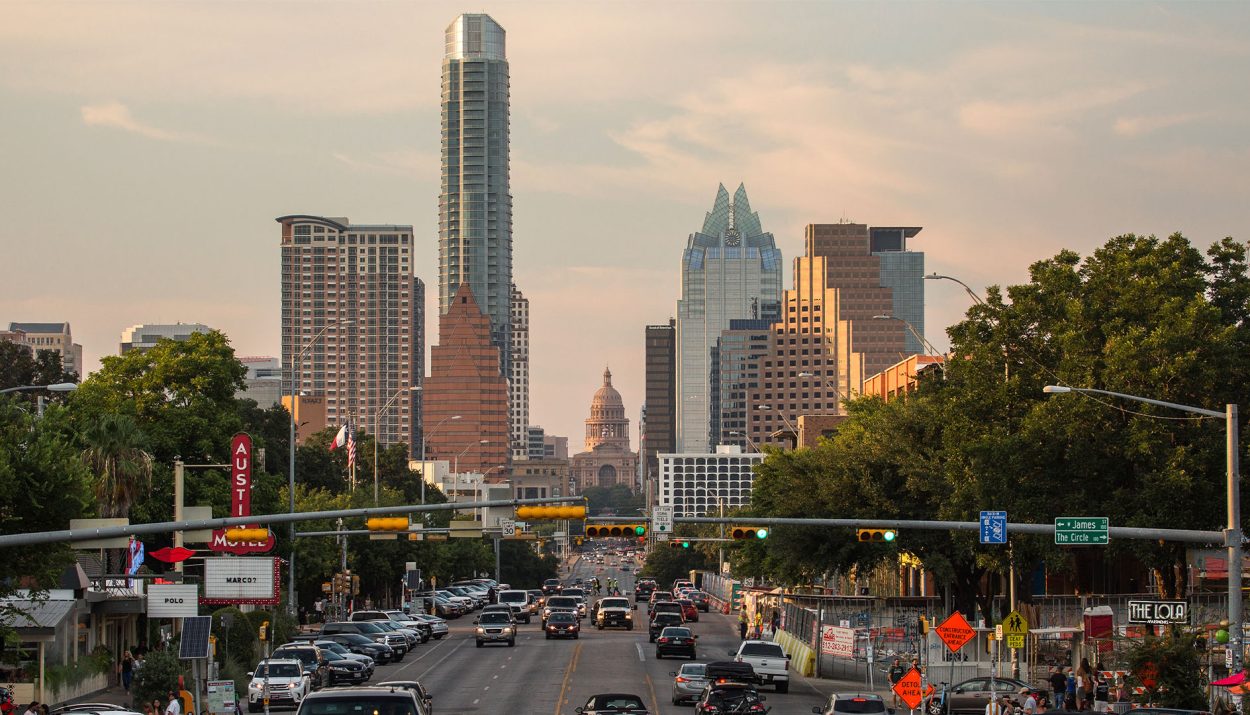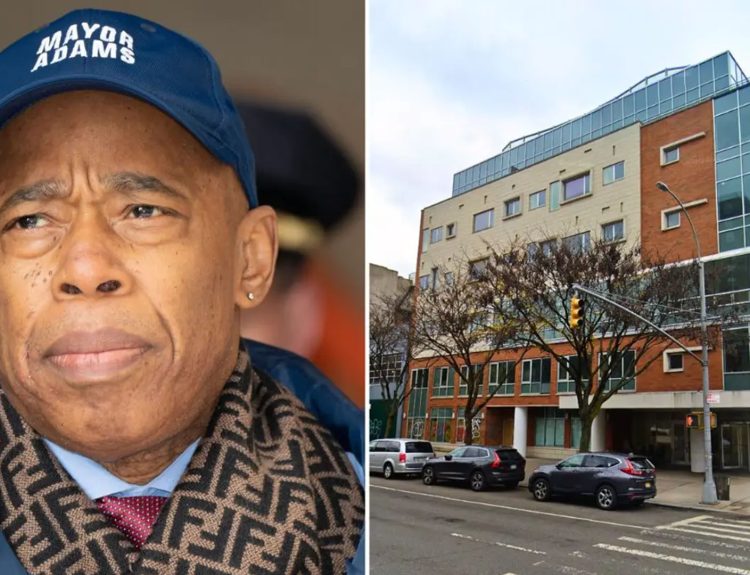Basic income programs are a highly controversial topic, a fact that is more baffling than it is concerning. In a country with such deep income inequality as America, it should be a given that there would be opportunities available for low-income individuals to apply for cash assistance beyond Medicaid and TANF programs, but it’s a topic that has been heavily debated in state legislatures across the country.
Understanding Basic Income Programs
Basic income programs are, at the core of it, a way for governments to provide assistance for their citizens with different types of allocated tax dollars. There are multiple types of basic income programs, all of which have gained significant negative press over the years.

Universal basic income programs are the ones that have gotten the most press, not only in America but in other democracies around the world. Universal basic income programs, simply, give every citizen of the country a fixed amount of money, tax free and without strings, every month in order to help them live a more secure life.
Politicians Supporting UBI
In 2020, Andrew Yang made a significant part of his presidential nominee campaign advocating for universal basic income in America. His concept was to give every American $1000 a month, no strings attached, in order to close the significant wealth gap in America.
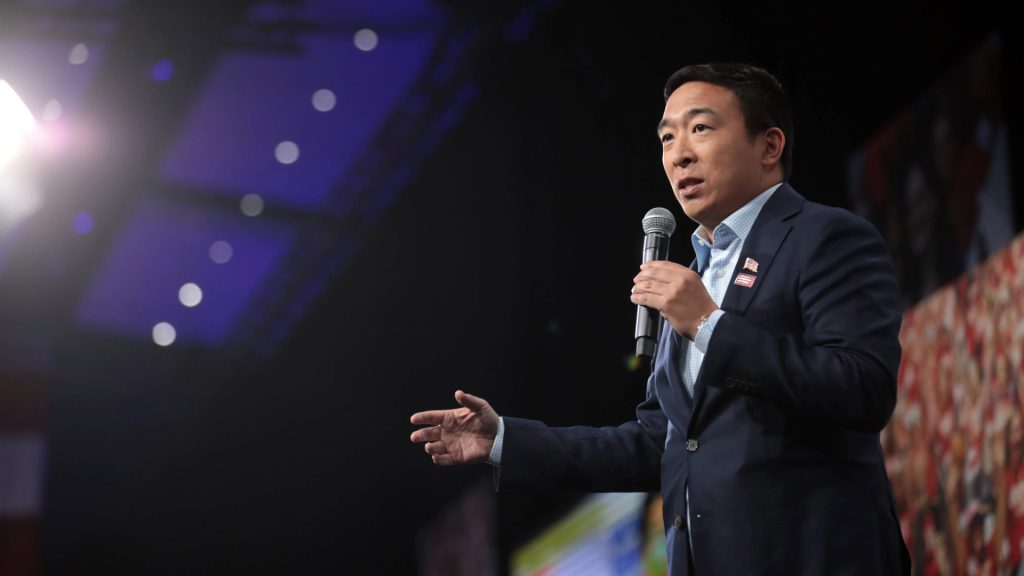
Unfortunately for Yang, the idea was way ahead of the American public. He wasn’t taken seriously for the concept, or for his presidential campaign run. He ended up leaving the race after the first two primary debates, and has shifted his focus to advocating for a viable third party in America, creating the Forward Party and co-chairing it with former New Jersey Governor Christine Whitman.
Basic Income v. Universal Basic Income
Standard basic income programs are a little different than universal basic income programs, though. Where universal basic income programs provide funds to all citizens of a jurisdiction, regardless of qualifications, standard basic income programs are a little more nuanced with qualifications.

Standard basic income programs tend to operate a little bit closer to general entitlement programs like Medicaid, TANF, and SNAP (food stamps). They generally have income qualifications, and while some are funded by local government budgets, often they are the result of donated money through nonprofits or allocations from emergency budgets.
States Experimenting with Guaranteed Basic Income
Several cities across the country have been experimenting with basic income programs in various formats, going back several years. Many of them began considering the concept in the wake of the COVID-19 pandemic, which left many people riding the poverty line due to being laid off of work and rising housing costs.

For instance, in 2021, California’s governor Gavin Newsom announced a statewide guaranteed income project, which is funded by a $35 million budget over the next five years. This is on top of various guaranteed income programs that have been implemented in various cities and countries across the Golden State, which have provided significant financial relief for individuals who live under the poverty line.
Colorado Entering the Fray
Colorado is another state that has implemented guaranteed income programs for its low-income citizens. The Denver Basic Income Project is one such initiative that was initially conceptualized to specifically help the city’s homeless population.

The program was entirely funded by private donations and philanthropic fundraising, and provided multiple payments to groups of individuals, of various amounts based on the group. One group was paid a sum of $1000 a month, another group was given an initial payment of $6500 and then $500 a month after that. The goal was to provide $12000 to a select group of individuals over a year, to discover how best to help the homeless population.
GBI as a Wild Success
The various basic income programs across the country have all been wildly successful in their goals. Cities and jurisdictions where guaranteed income programs have been implemented have seen reduction in food and housing insecurity, as well as a minor drop in the rate of homelessness.

The success of these early pilots has made it an easier ask for larger cities in more conservative states to implement these programs. A surprising number of new guaranteed income programs have been formed in the unlikely state of Texas, with surprising results.
Coming to Texas
In particular, San Antonio is one of several cities that has been piloting a guaranteed basic income program. The program was overseen by UpTogether, a nonprofit organization with the goal of helping low income families find independence and security through various means, including funding, job training, and family support.
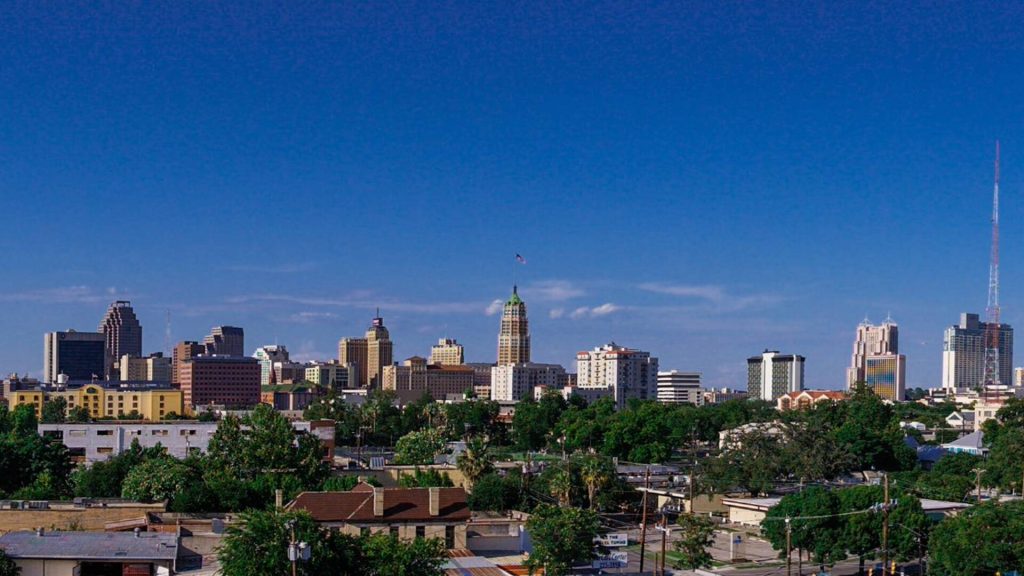
The pilot program chose 1000 individuals to work with over a 25-month period, investing $5,108 into each individual person. The program participants received an initial payment of $1,908, and then received eight quarterly payments of $400 between April of 2021 and January of 2023.
Selected from Low-Income Individuals
The participants in the program were selected carefully from individuals who fell below 150% of the federal poverty line. Many of them were, at the time, facing financial challenges due to difficulties brought on by the pandemic.

Like many other basic income programs around the country, the funding for the San Antonio program came from the city, foundations and private funders. There were no federal funds that were dedicated to the project, which allowed for them to be a little more nuanced in how the funds were distributed.
Participants Actively Surveyed
The participants were surveyed throughout their time in the program. Of the 182 participants, 161 answered that the money that was distributed had an overall positive impact in their lives. Many of them went further to say that the money was critical for their daily survival, and allowed them to cover expenses they otherwise couldn’t afford.
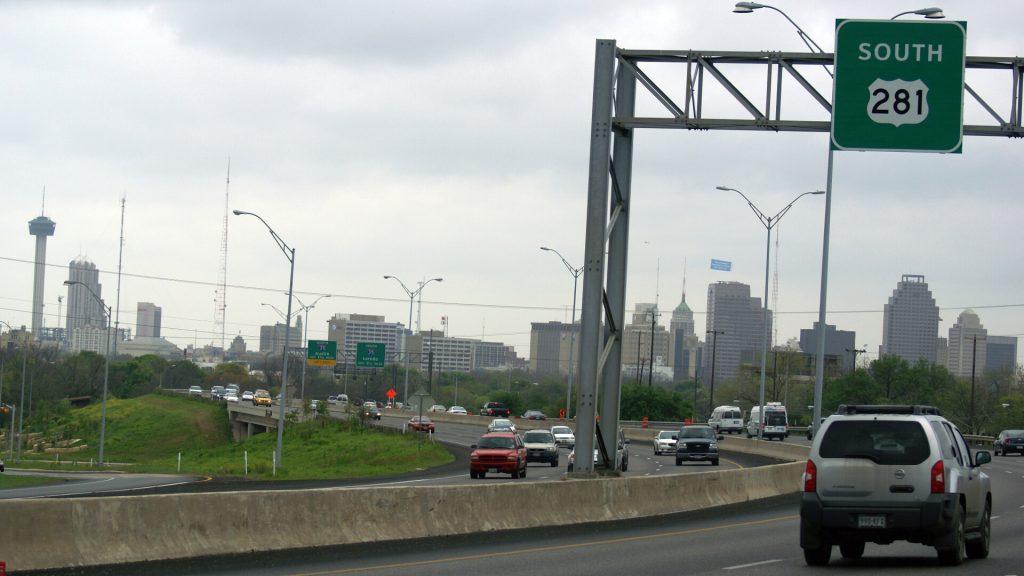
For instance, Ingrid Sullivan, a participant with four children and three grandchildren, told the program that the income allowed her to secure housing and reliable transportation. It helped her to gain financial security with dignity, and help pay for her family’s needs. “I felt supported for the first time ever,” she explained.
Other Reactions
Sullivan was not the only participant whose life was significantly changed by the income generated through the guaranteed income program. Monique Gonzalez, a mother of six, received the money and used it to buy school supplies, shoes, and Christmas gifts for her children.
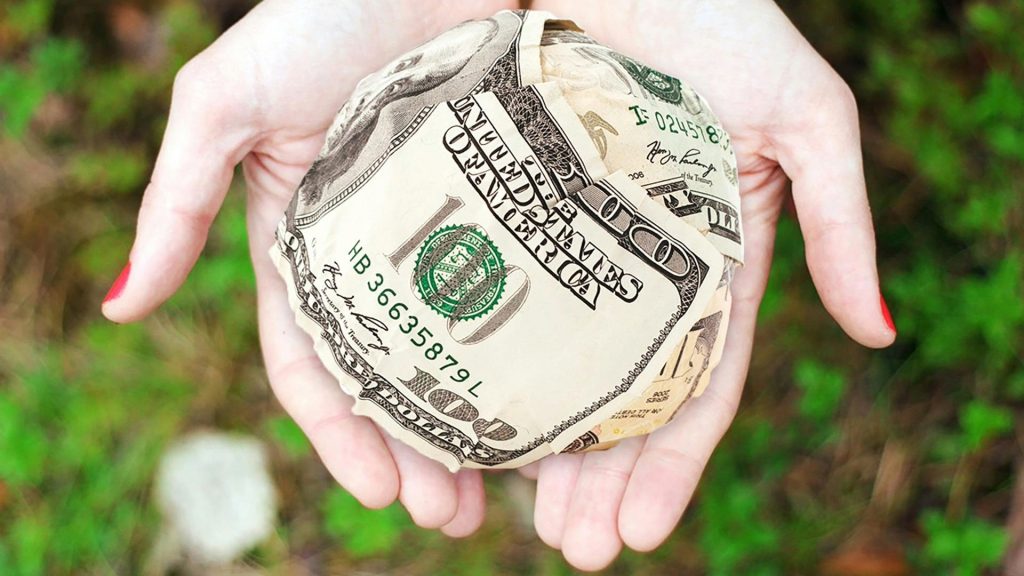
She stated that the program also allowed her to afford things that her family had “put on the back burner” because they didn’t have the money. The program allowed her to invest in her children’s future for the first time ever, to her happiness and satisfaction.
Money Improving Mental Health
Participants in the program also reported that the payments significantly improved their mental health. Many reported that they experienced chronic stress about money, and with some of that financial stress alleviated, participants were able to spend more time with their families or their communities, and generally enjoyed life more.

Participants with families reported that the extra income went to enrolling their children in after-school and extracurricular activities. The extra money went to supporting their education in a way that many of these families were unable to before.
Giving Feedback for Future Programs
“I was able to do more at times because I was able to get my bills met,” one survey respondent said. “In turn, I had extra money to be able to spend on my children, to take them out or get them what they needed or wanted.”
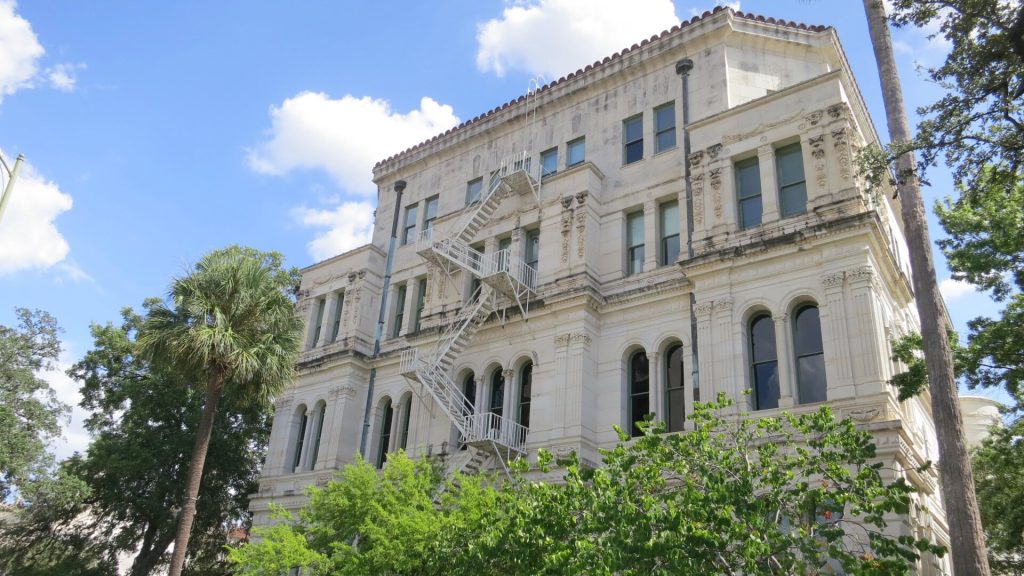
The pilot program was also able to provide some feedback for leadership, giving suggestions as to future directions of other pilot programs. Some participants said that, in the future, payments from these types of programs should be provided monthly rather than quarterly, and provide more opportunities for in-person connection with other participants and the community.
Future Directions
Texas is an up-and-coming leader in guaranteed income programs, despite the fact that basic income programs still face opposition around the county. In the wake of the success of the San Antonio income pilot, Austin and Harris counties have also launched pilot programs that distribute cash payments monthly.
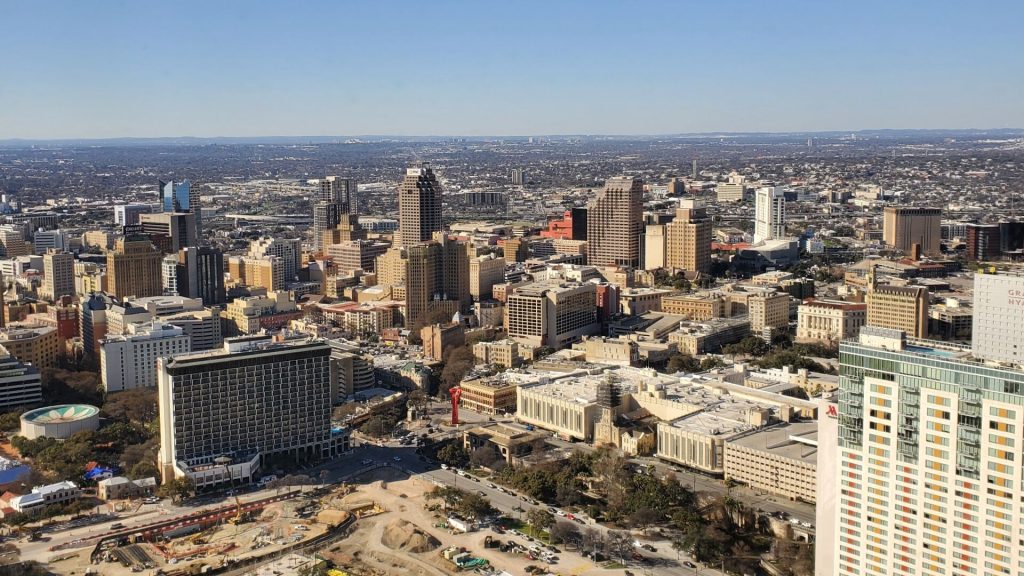
Data from the various income programs reveals how important a steady influx of cash is for the stability of Americans, so it can only be hoped that more cities and jurisdictions will take up the challenge. While there may be opposition, the benefits of helping Americans in this simple, financial way could have long-term benefits that are still yet to be seen.

